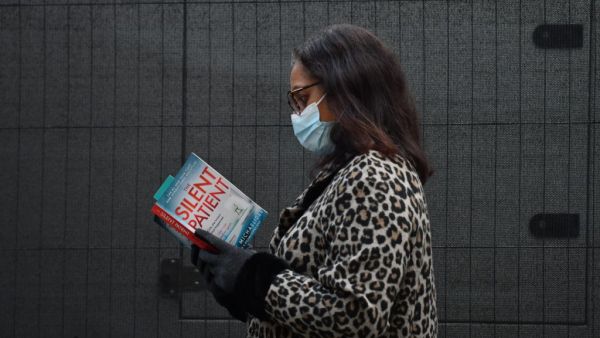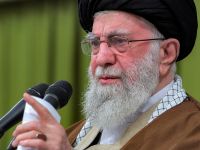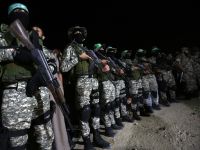The World Health Organization (WHO) on Thursday listed the Pfizer/BioNTech vaccine as the first such drug to receive its emergency validation since the coronavirus outbreak began a year ago.
“This is a very positive step towards ensuring global access to COVID-19 vaccines,” said Dr. Mariangela Simao, WHO assistant director-general for access to medicines and health products.
“But I want to emphasize the need for an even greater global effort to achieve enough vaccine supply to meet the needs of priority populations everywhere,” she said.
A year ago, when Beijing first identified a new coronavirus, SARS-CoV-2, which led to the COVID-19 pandemic, there were no known cases outside of China.
World Health Organization lists Pfizer/BioNTech vaccine for emergency use https://t.co/KPpCjsDGN7 pic.twitter.com/7LpxLdP3RU
— Reuters (@Reuters) December 31, 2020
But today, there are more than 83 million COVID-19 cases and more than 1.8 million confirmed global deaths, according to Johns Hopkins University of Medicine in the US.
On Dec. 2, the UK became the first Western country to approve a vaccine against COVID-19 when it gave the green light to one produced by US pharmaceutical giant Pfizer and German biotechnology company BioNTech. Russia had already been administering its Sputnik V vaccine.
Up to 50 countries including the US as well as the EU have now approved vaccines for either emergency or normal use.
The WHO’s Emergency Use Listing opens the door for countries to speed up their regulatory approval processes to import and administer the vaccine.
It also enables the UN children’s agency UNICEF and the Pan American Health Organization to procure the vaccine for distribution to countries in need.
“The WHO and our partners are working night and day to evaluate other vaccines that have reached safety and efficacy standards,” said Simao.
Novel coronavirus infects over 83.7 million people globally. Here are updates:
— TRT World (@trtworld) January 1, 2021
? WHO grants “emergency validation” to Pfizer-BioNTech vaccine
?? Brazil reports over 1,000 deaths
?? Canada to require air travellers to test negative for virus
For more: https://t.co/5iWsfZmR2Y
“We encourage even more developers to come forward for review and assessment. It’s vitally important that we secure the critical supply needed to serve all countries around the world and stem the pandemic.”
On Dec. 19, the US approved the Moderna vaccine as the second drug for use against COVID-19.
On Wednesday, Britain’s drug regulator approved the Oxford-AstraZeneca COVID-19 vaccine for use in the UK, making it the first nation to do so.
This article has been adapted from its original source.








